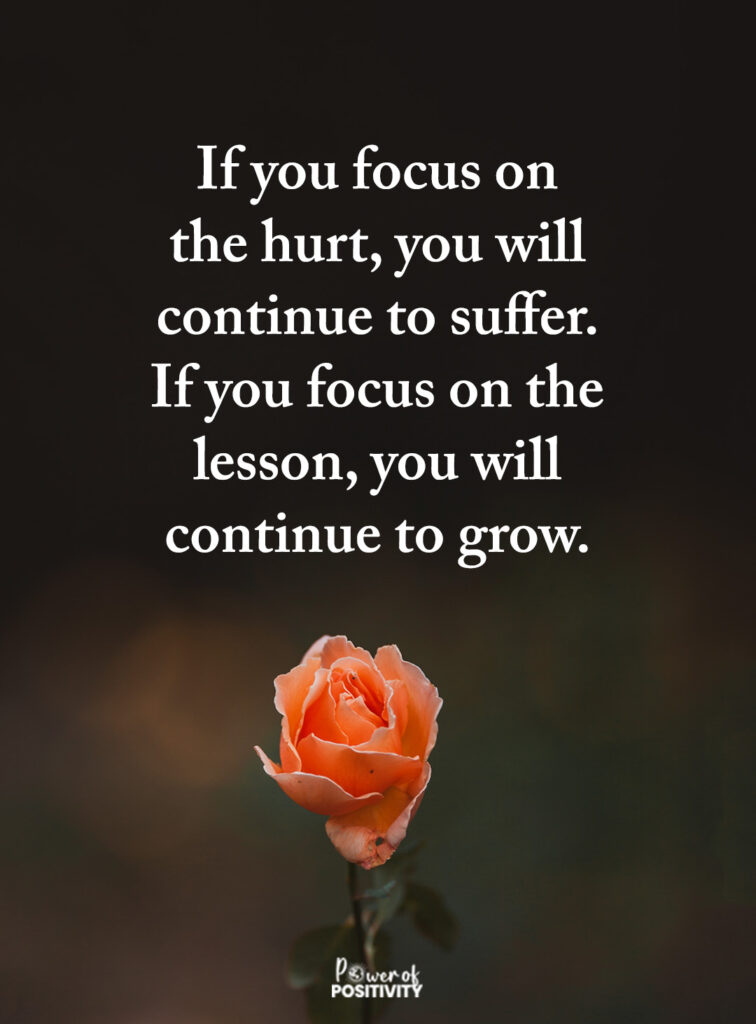Liver health is crucial for overall well-being, yet liver damage is becoming more common. Factors like alcohol, obesity, and viral infections can all harm this vital organ. When the liver isn’t working well, the body struggles to process nutrients, fight infections, and clear toxins. Thankfully, there are proven ways to help the liver recover, according to scientists and health experts. In this article, you’ll discover 9 effective habits that can promote healing and boost liver health. From better eating to quitting harmful habits, these steps are simple but impactful. Let’s learn how to protect and heal this hardworking organ.
Understanding Liver Damage
The liver is one of the most important organs in your body, handling everything from breaking down food to removing toxins. When liver damage happens, these crucial tasks slow down, which can cause big problems. Early signs of liver trouble often include feeling tired all the time, pain or swelling in the belly, or changes like yellowing of the skin and eyes (jaundice). Some people might notice dark urine, itchy skin, or a loss of appetite.
Risk factors for liver damage include heavy drinking, obesity, and certain viral infections like hepatitis. Even medications and unsafe chemicals can put extra strain on the liver. Knowing the early symptoms and risks can make a big difference in catching liver problems sooner. And when you catch it early, the liver has a better chance to recover. In the next sections, we’ll explore 9 proven ways to help heal and protect this vital organ.
9 Proven Ways to Recover From Liver Damage
1. Follow a Liver-Friendly Diet
Eating well can be a game-changer for liver health. Foods rich in antioxidants, fiber, and nutrients can help the liver repair itself. Good options include leafy greens, berries, fatty fish like salmon, and nuts like almonds. These foods not only protect liver cells but also support overall recovery. On the flip side, it’s best to cut down on processed foods, sugary treats, and foods high in saturated fats, like fried snacks and baked goods. By making these simple swaps, you can give your liver a better chance at healing.
2. Achieve and Maintain a Healthy Weight
Carrying extra weight, especially around the belly, puts more stress on the liver, increasing the risk of non-alcoholic fatty liver disease. Shedding just a few pounds can make a difference. Start with small changes like eating smaller portions, swapping sugary drinks for water, and avoiding late-night snacking. Eating balanced meals at regular times can also help keep weight in check, supporting your liver’s recovery.
3. Engage in Regular Physical Activity
Staying active is a simple but effective way to help the liver heal. Regular exercise helps maintain a healthy weight, reduces inflammation, and boosts the immune system—all good for liver health. Aim for at least 30 minutes of moderate activity five days a week. Walking, cycling, and swimming are great options. Consistent exercise can give your liver the break it needs to start repairing itself.
4. Limit or Eliminate Alcohol Consumption
Alcohol can cause serious damage to liver cells, leading to conditions like cirrhosis. If you have liver issues, cutting back or quitting alcohol altogether can help the liver recover. The recommended limit is no more than one drink per day for women and two for men. However, for those already experiencing liver damage, abstaining completely is the safest choice. Consider seeking support from friends, family, or a healthcare professional to make the change easier.
5. Avoid Exposure to Harmful Toxins
Everyday toxins like cleaning products, insect sprays, and paint fumes can harm the liver over time. To protect your liver, use natural cleaning products when possible, or ensure good ventilation if using chemicals. Always wear gloves and a mask when handling toxic substances. Even small steps like these can help reduce the liver’s workload and promote healing.
6. Stop Smoking
Smoking introduces harmful substances into the body that the liver has to process, adding extra stress. Quitting smoking not only helps the liver but also improves overall health. Use nicotine patches, support groups, or counseling to ease the process of quitting. With less strain from smoking, the liver can focus more on recovery and repair.
7. Protect Against Hepatitis
Hepatitis B and C are leading causes of liver damage, but you can take steps to reduce your risk. Vaccinations are available for hepatitis B, so speak to your doctor about getting one. To prevent transmission, practice safe sex and avoid sharing needles or personal items like razors or toothbrushes. These precautions can help prevent serious liver damage and keep the liver in better shape.
8. Review Medication Use
The liver processes all medications, including over-the-counter drugs, which can sometimes contribute to liver strain. Medications like pain relievers, some heart drugs, and even supplements can impact liver health if taken incorrectly or in high doses. Always check with your doctor about the medications you’re taking, and never mix them with alcohol. Adjusting your medication use can help protect the liver from further damage.
9. Consider Liver-Supporting Supplements
Some supplements like milk thistle, dandelion root, and vitamin E are thought to support liver health. These natural options may help reduce inflammation and protect liver cells. However, always talk to a healthcare provider before starting any supplement regimen, as not all supplements are safe for everyone. Supplements can be a helpful addition to other lifestyle changes for liver recovery.

Prevention Strategies for Long-Term Liver Health
Keeping your liver healthy for the long run doesn’t have to be complicated. A few simple lifestyle changes can make a big difference in preventing liver damage and promoting overall well-being. Here are practical tips to help you maintain good liver health:
1. Eat a Balanced Diet
Include more vegetables, fruits, whole grains, and lean proteins. Foods rich in antioxidants, like berries, spinach, and nuts, are especially good for the liver. Try to limit fatty foods, sugary snacks, and fried items, as they can add stress to the liver.
2. Limit Alcohol Consumption
If you drink, keep it in moderation. That means no more than one drink per day for women and two for men. Avoid binge drinking, as it can quickly damage liver cells and lead to serious conditions like cirrhosis.
3. Get Regular Exercise
Aim for at least 30 minutes of moderate activity, like brisk walking or cycling, most days of the week. Exercise helps manage weight, reduces fat around the liver, and keeps your body in good shape.
4. Stay Hydrated
Drink plenty of water throughout the day. Water helps flush toxins from the body, making it easier for the liver to function properly.
5. Get Vaccinated
Protect yourself against hepatitis B and A, both of which can lead to liver damage. Talk to your doctor about vaccinations, especially if you’re at a higher risk.
6. Avoid Sharing Personal Items
Don’t share razors, toothbrushes, or needles, as this can expose you to bloodborne infections like hepatitis, which can severely harm the liver.
7. Use Medications Wisely
Take only the recommended dose of medications and avoid mixing them with alcohol. Over-the-counter painkillers, when taken excessively, can be harsh on the liver.
8. Practice Safe Sex
Hepatitis B and C can be transmitted sexually. Use protection and get tested regularly to reduce your risk of infection.
9. Schedule Regular Check-Ups
Routine health screenings can catch liver issues early. If you’re at risk, ask your doctor for specific liver tests to monitor its health.
Final Thoughts on Recovering From Liver Damage
Recovering from liver damage isn’t an overnight fix—it takes steady effort and some lifestyle changes. But the good news is that the liver is one of the most resilient organs in the body, meaning it can often repair itself if given the chance. Eating better, exercising regularly, and cutting back on harmful habits can all make a real difference.
Still, it’s important to remember that each person’s liver health is different. That’s why it’s best to consult with a healthcare professional who can offer personalized advice and treatment plans based on your specific needs. They can also run tests to monitor your liver’s progress and recommend further steps if needed.
Sticking to these changes may seem challenging at first, but over time, they can become natural parts of your daily routine. By focusing on a healthier lifestyle and getting professional support, you can give your liver the best chance to heal and thrive.














